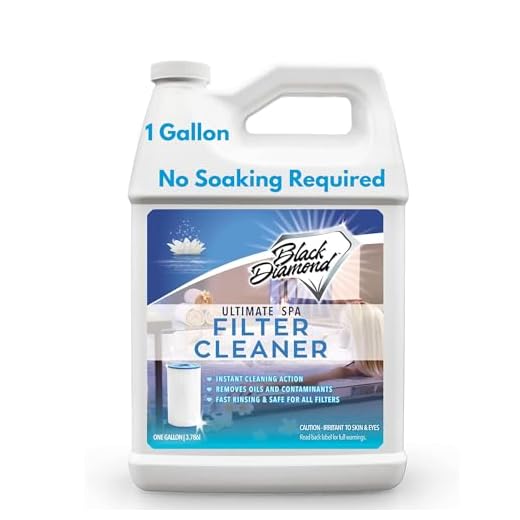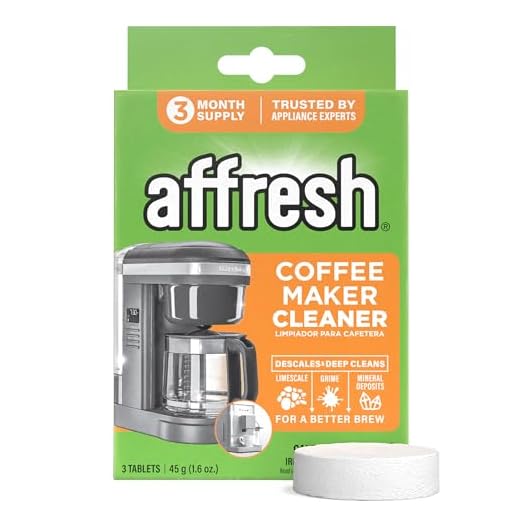




Strategies for Pool Filters
Maintaining a clean pool filter is essential for optimal water circulation and clarity. A regular cleaning schedule should be established based on the type of filter in use. For cartridge filters, rinsing them with a hose can remove debris, while sand filters may require backwashing to clear out trapped particles. Timing varies depending on pool usage and environmental factors. Observing the pressure gauge can help determine when cleaning is necessary, as a significant increase in pressure usually indicates a need for maintenance.
When it comes to diatomaceous earth (DE) filters, a more thorough approach is required. Regular backwashing is essential to remove the DE powder, followed by a recharge of fresh DE to maintain filtering effectiveness. Understanding the specific requirements of each filter type can prevent clogs and preserve the filter’s lifespan. Proper maintenance techniques directly impact the overall health of the swimming pool, making it vital to stay attentive.
Suitable Cleaning Supplies for Pool Filters
To effectively clean pool filters, it is important to have the right supplies on hand. A sturdy garden hose with a high-pressure nozzle works well for dislodging debris from the filter. Additionally, a soft-bristle brush can help remove stubborn dirt without damaging the filter media. For larger systems, a specialized filter cleaner can enhance the cleaning process by breaking down built-up oils and contaminants.
Chemical cleaners are often effective in rejuvenating filters that have seen heavy use. Many pool supply stores offer specific products designed for various types of filter media, whether it be cartridge, sand, or diatomaceous earth. It is essential to follow the manufacturer’s instructions for best results. Regular maintenance and using the appropriate cleaning supplies will help ensure your pool stays clean and the filter operates efficiently.
Cleaning Coffee Machine Filters
Coffee machine filters can accumulate oils and coffee grounds over time, affecting the taste of your brew. Regular cleaning is essential for maintaining the quality of your coffee. For reusable filters, rinse them under hot water immediately after each use. For deeper cleaning, soak the filter in a solution of vinegar and water for about 30 minutes. This helps remove any buildup while ensuring the filter remains in good condition for future use.
For single-use paper filters, it is best to discard them after use. However, you can still maintain your coffee machine by cleaning its brewing components regularly. Wipe down the carafe and the area surrounding the filter basket. Run a cycle of plain water or a mixture of vinegar and water through the machine to remove any leftover residue. Doing this will enhance the flavor of your coffee and prolong the lifespan of your machine.
How to Properly Clean Coffee Filters
Cleaning coffee filters effectively enhances both the longevity of the filter and the taste of your brewed coffee. For reusable metal or gold-tone filters, rinse them under hot water after each use. This helps remove coffee oils and grounds. Occasionally, soaking the filter in a mixture of warm water and vinegar can aid in removing stubborn stains and buildup. Make sure to rinse thoroughly after soaking to avoid any residual vinegar flavor.
Paper coffee filters need a different approach. Dispose of the used filter along with the grounds. To maintain your coffee maker’s cleanliness, wipe down the filter basket with a damp cloth or sponge after each use. For deeper cleaning, run a brew cycle with only water to flush out any lingering coffee oils or particles. Regular maintenance ensures that your coffee’s flavor remains consistent and enjoyable.
Maintaining Car Engine Filters
Regular maintenance of car engine filters is vital for optimal performance and efficiency. A clean engine air filter allows for better air flow into the engine, which enhances fuel combustion and reduces emissions. Typically, these filters should be inspected every 12,000 to 15,000 miles, although driving conditions may necessitate more frequent checks. Dust, debris, and other contaminants can accumulate quickly, hindering engine performance.
When it comes to cleaning, follow the manufacturer’s recommendations. Some filters can be vacuumed to remove dirt and chaff, while others may require washing with a specific cleaning solution. It’s crucial to ensure that any air filter is completely dry before reinstalling it to prevent moisture from damaging the engine. Regular attention to these components not only improves vehicle efficiency but also extends the longevity of the engine overall.
Recommended Cleaning Techniques for Engine Filters
A clean engine filter is vital for optimal performance and efficiency. Start by removing the filter from the engine compartment, taking care to disconnect any electrical connections or hoses attached to it. Once removed, gently tap the filter against a hard surface to dislodge any loose debris. For more thorough cleaning, use compressed air to blow out dirt and dust, ensuring that you direct the air through the opposite end of the filter to push contaminants out.
When dealing with reusable engine filters, consider using a specialized cleaning solution. Soaking the filter in warm, soapy water can help break down stubborn grime. After soaking, rinse the filter thoroughly under running water to remove soap and residue. Allow the filter to dry completely before reinstallation to prevent moisture-related issues that may affect engine performance. Avoid using harsh chemicals as they can damage the filter material.
FAQS
What are the best cleaning supplies for pool filters?
The best cleaning supplies for pool filters typically include a garden hose, a filter cleaner solution, and a soft brush for scrubbing. For cartridge filters, consider using a specialized cartridge cleaner to remove debris effectively.
How often should I clean my coffee machine filters?
It’s recommended to clean your coffee machine filters every few weeks, or more frequently if you use your coffee maker daily. Regular cleaning helps maintain the flavor of your coffee and ensures optimal performance.
Can I use vinegar to clean my coffee filters?
Yes, vinegar is an effective natural cleaner that can help remove oils and build-up from coffee filters. Mix equal parts of vinegar and water to soak the filters, then rinse thoroughly before using them again.
What is the best way to maintain car engine filters?
To maintain car engine filters, regularly check them for dirt and damage, and clean them according to the manufacturer’s recommendations. For reusable filters, use compressed air or a mild cleaning solution to remove debris, while replaceable filters should be changed as per the service schedule.
Is it necessary to use specialized cleaning solutions for filters?
While it’s not strictly necessary, using specialized cleaning solutions can enhance the cleaning process and prolong the life of your filters. These solutions are designed to effectively break down grease and dirt without damaging the filter material.
Related Links
What to Consider When Cleaning Water Filters
How to Sanitize Your Water Purification Unit
